Plenty of YouTubers lack priorities. Kenny Moffitt isn't one of them.
"If I make a video that keeps a 12-year-old queer kid from killing himself, that means way more to me than a million views," the 24-year-old vlogger tells Out.
Moffitt has worked as an independent creator on YouTube since leaving BuzzFeed two months ago. He stared in the video "17 Bisexual Guy Problems" and joined the ranks of queer producers at BuzzFeed who ushered in a new wave of LGBT videos for the media giant.
"There were maybe four or five queer people in the office making videos, but there were very few LGBT videos being made," he says. "With 'Bi Guys,' the team was having a problem finding a bi man who was willing to be on camera. So I messaged Gaby (Dunn) and met the producer and we made the video the next day."
This year, several team members--including Dunn--have left BuzzFeed and criticized how the vlogging industry preys on minority content creators, such as queer people, women, and people of color.
Related: Internet Star Gaby Dunn on Her Web Series, Cis White Men, & the Vulnerability of Queer Creators
While Moffitt is a little more diplomatic in describing why he left, he does drive home that queer vloggers at any major media company face a difficult choice between audience and authenticity.
"That's a constant struggle for all queer creators," he says. "How do we make content that reflects our experience that is still somehow accessible to a wider audience? Diversity is also a very big buzzword in media--to the point that a lot of queer people just get taken advantage of. They're participating in content just to fulfill a diversity requirement."
Moffitt was disappointed to see how scripted videos he worked on--such as "When a Hookup Is More than Just Sex," which showed the 24-year-old embracing both his queerness and a positive attitude toward sex--didn't receive the support he felt they deserved, despite significant fan engagement.
"People still ask me when there is going to be a part three," he says.
Since Moffitt has struck out on his own, he's relished controlling his own narrative as a queer creator.
"I don't get asked to give away my story. I don't get asked to trust that the people in charge will do my story justice," he says. "
Currently at more than 150,000 subscribers, he plans to produce two videos a week--one where he speaks directly on topics of interest, like queer life or music, and another as a daily vlog. He's also hoping to collaborate with others on more scripted content.
"The queer audience on YouTube is so engaged," he says. "I get messages a lot on Facebook and Tumblr and YouTube from younger people who are just asking for advice or have problems in their lives and they're looking for some insight. They need videos where you're just trying to make things better for them."
His advice to LGBTs who want to start vlogging on their own? "Just go and start creating," he says. "It's so easy now to create something of your own. And if you happen to attract the eye of a company that likes what you do and cares about your content, that's great."
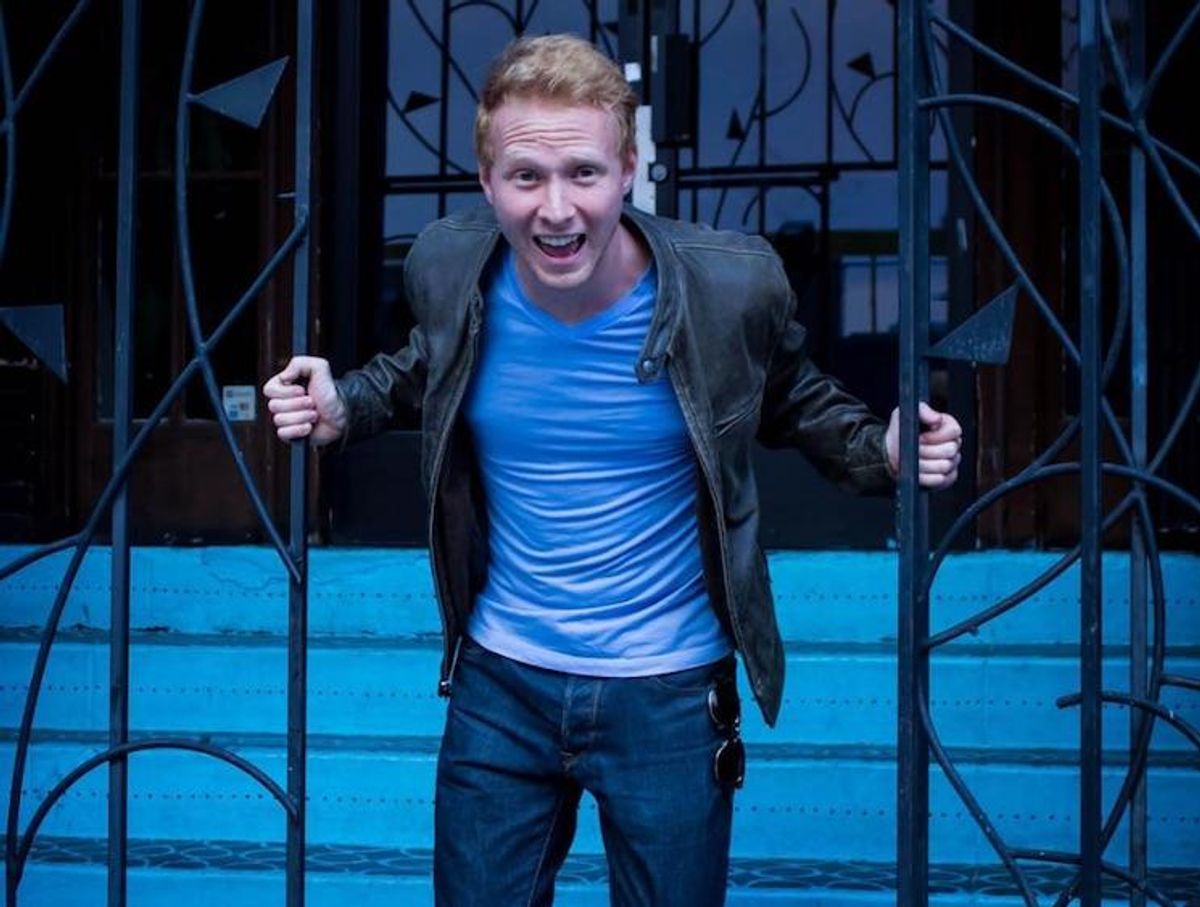
























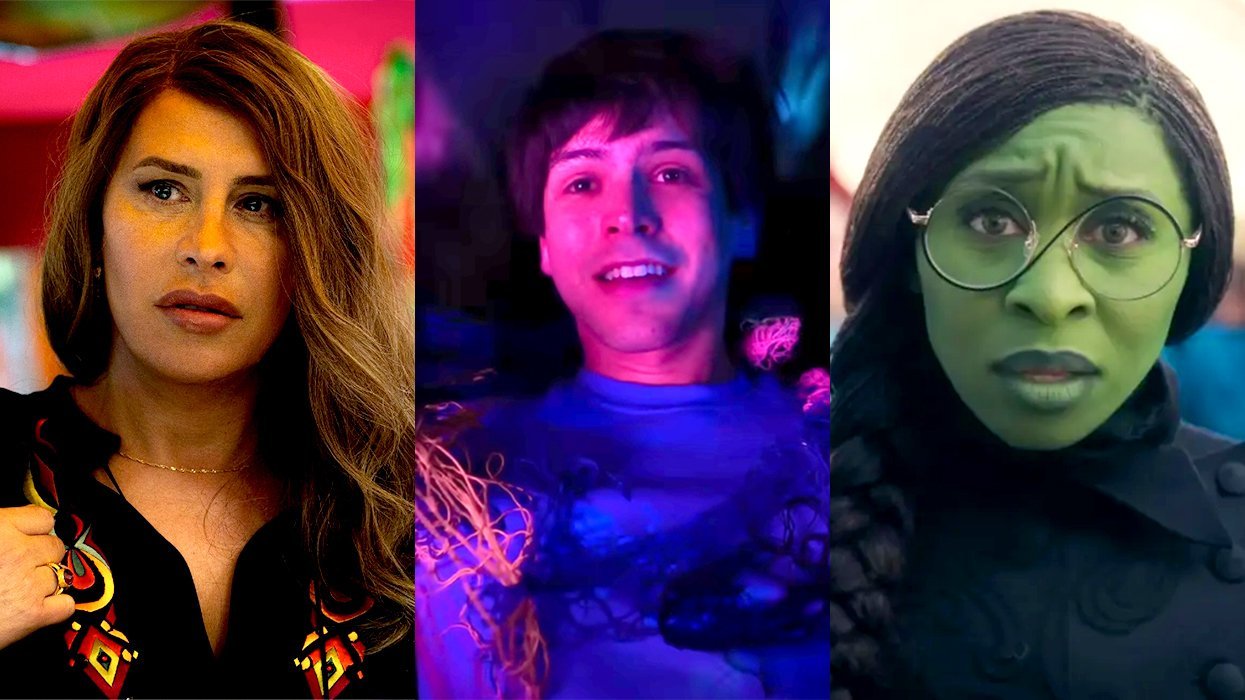
















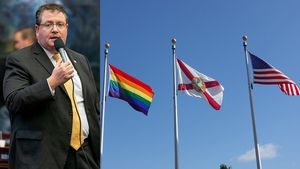











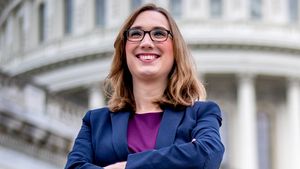
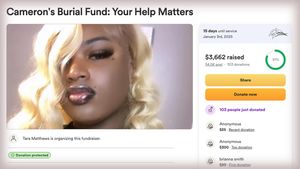













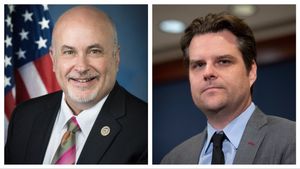
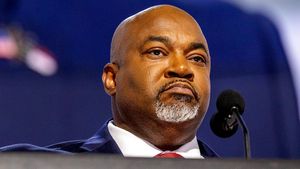











Sexy MAGA: Viral post saying Republicans 'have two daddies now' gets a rise from the right